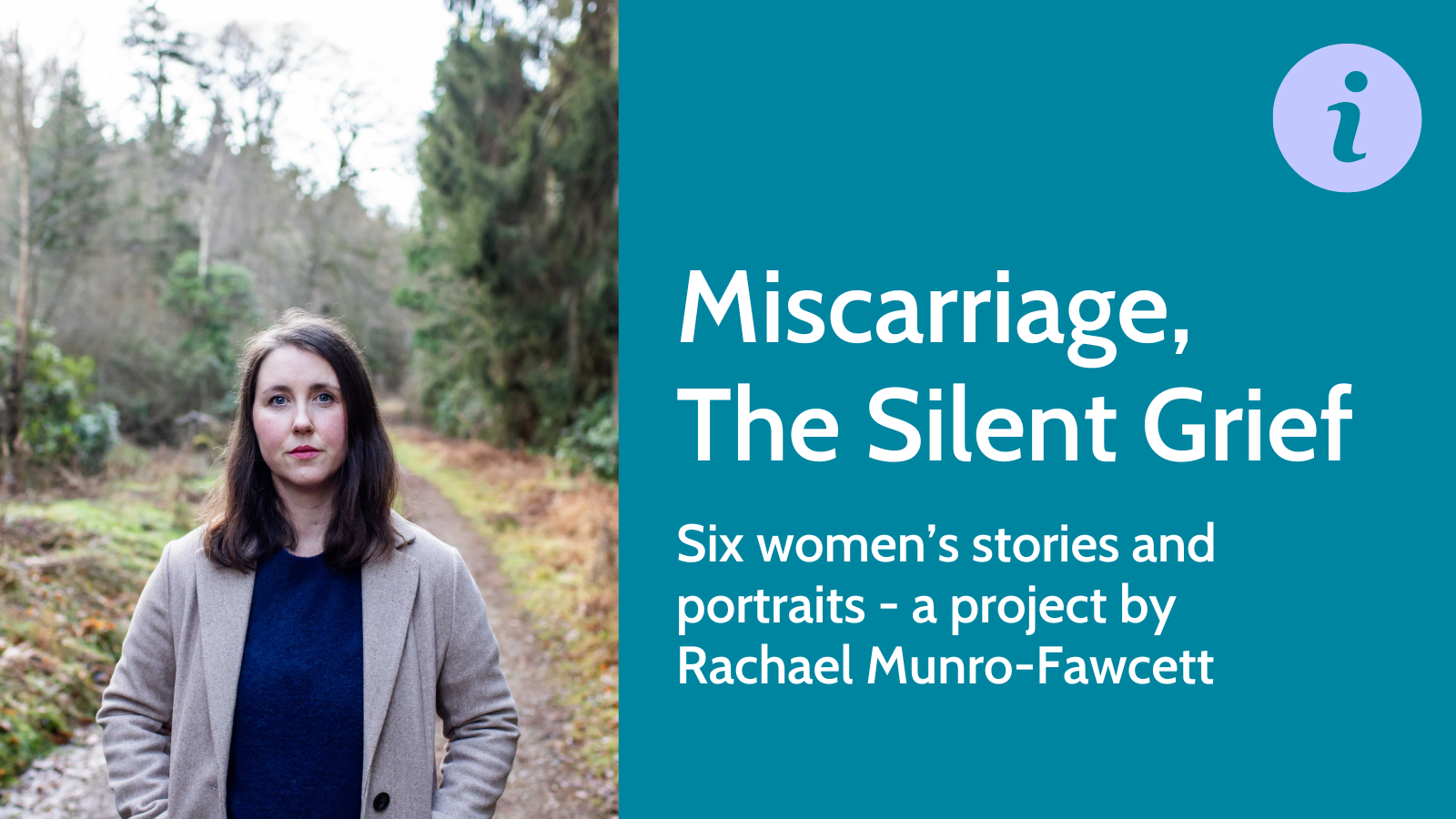PRISM: a randomised trial of progesterone in women with bleeding in early pregnancy
9th May 2019
The results of the PRISM trial are published today, 9 May 2019, in the New England Journal of Medicine*.
Summary
The results show that overall, among women with bleeding in early pregnancy, treatment with progesterone during the first trimester did not result in a significantly higher incidence of live births than amongst those who had a placebo (a pessary with no active ingredients).
Further analysis, however, showed that a sub-group of women with a history of recurrent miscarriage (three or more miscarriages before this pregnancy), did show a significant improvement in outcome for those who had the progesterone treatment. There was a very small improved outcome for those who had previously had one or two miscarriages.
The M.A. provided expert input into this important study and welcomes publication of this research. More work is needed but the results for women with early pregnancy bleeding and a history of recurrent miscarriage are clearly promising.
The numbers
A total of 4,153 women with bleeding in the first 12 weeks of pregnancy took part in the trial. Roughly half of them (2,079) were randomly assigned to receive progesterone and the other half (2,074) were given a placebo (an identical pessary with no active ingredients). A total of 4,038 were able to be followed up (some moved address or chose not to continue with the trial).
Overall, 75% (1,513 of 2,025) of the women in the progesterone group had a live birth, compared with 72% (1,459 of 2,013) of women in the placebo group. This small 3% difference is not considered to be significantly different – in other words, it could be down to chance.
The sub-group analysis
The researchers also analysed the results according to previous miscarriage history.
Three or more miscarriages
For those with a history of three or more miscarriages (285 women in all), 72% of those who received progesterone (98 out of 137) had a live birth. Just 57% of those who were given the placebo (85 out of 148) had a live birth. That’s a difference of 15%, which is significant.
One or two miscarriages
A total of 1,515 women had previously had one or two miscarriages. Of those who received progesterone, 76% (591 out of 77) had a live birth, compared with 72% (534 out of 738) of those who had the placebo. That is a difference of just 4%, which is not considered significant and might be down to chance.
So what does this mean for me?
It is not clear how the results of the PRISM trial might affect practice, but it is certainly very useful evidence for doctors to consider when they are seeing women with bleeding in the first 12 weeks of pregnancy. If you are in that situation, do discuss it with your doctor, whether it’s your GP, or a doctor whom you see in hospital.
For women with a history of recurrent miscarriage especially, the improved outcome for those treated with progesterone in those early weeks makes a strong case for treatment.
It would be equally understandable if they were also to treat those with one or two previous miscarriages in the same way, despite the very small improvement in outcome that the trial showed.
Notes:
* Engl J Med 2019; 380:1815-1824 DOI: 10.1056/NEJMoa1813730, summarised here.
Information on the history of the PRISM trial can be found here.

